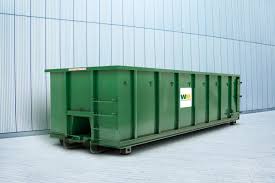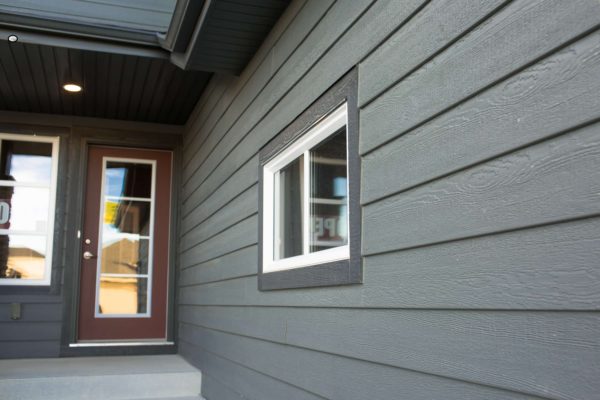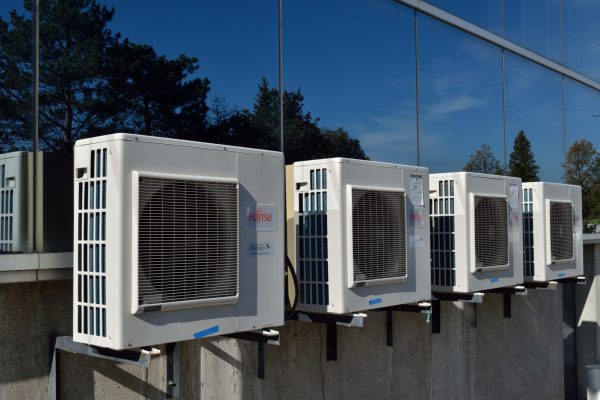If you’re considering whether or not you should refinance your mortgage, you might be to and keep your interest rates low. To find out if and when you should refinance your mortgage, keep reading.
When To Refinance Your Mortgage
Refinancing an adjustable rate mortgage (ARM) or 30 years to a lower rate can help you cut the total amount you pay for your interest and help you save money each month. You might be torn between refinancing and taking out a second mortgage. If you’re considering a second mortgage, you should check out 2nd mortgage rates, and keep reading to discover if you will benefit from refinancing your mortgage.
Two Major Types of Refinances
First, you should know there are two different types of refinances.
Rate-And-Term Refinancing
This option is usually used to save money. Aurora mortgage broker Farideh Frouzesh suggests, Most homeowners refinance the remaining balance of their mortgage for a lower interest rate and an affordable loan term. The loan term is the number of years it will take to pay back the loan.
Cash-out Refinancing
This when you get a new mortgage that is more than what you owe. The difference of what you owe is usually used to either retire credit card debt or pay for renovations.
There are other reasons consumers refinance their home, and that could be to eliminate FHA mortgage insurance, replace and adjustable rate mortgage with a fixed rate loan or even settle a divorce. Some homeowners even refinance to bring down their monthly payments so they have more money for groceries, bills or an auto loan.
Determine When You Will Break Even
The cost of closing a mortgage can add up to thousands of dollars. To find out if refinancing your home makes sense, you want to determine your break-even point. This means the time it will take for the cost of your mortgage to pay for itself.
For example, you break even point is usually the total cost of closing divided by monthly savings. So if your total closing costs is $3,000 and you have $100 a month in savings, then your break-even point would be in 30 months.
If you want to keep your house for less than your break-even time, then you should stay in your current mortgage. However, if this formula doesn’t calculate your total savings of the life of a new mortgage, you might find that refinancing costs more money than if you start a new loan with a 30-year term
Pros and Cons of Cash-Out Refinances
If you’re considering a cash-out refinance, you are likely doing so to pay down debt. Which sounds great, but of course there’s a downside. If you cash-out refinance to settle credit card debt, you are reducing the interest on your debt.
On the other hand, you also may have to pay thousands more in interest because you’re taking 30 years to pay off the balance you transferred from your credit cards to your mortgage.
The biggest risk of this is converting unsecured debt into secured debt. If you miss your credit card payments, you will get calls from debt collectors and your credit score will lower. If you miss mortgage payments you can lose your home because of foreclosure.
The Choice Is Yours
Now that you know if and when you should refinance your mortgage, the choice on what you do next is yours. For expert mortgage advice, get in touch with your local mortgage brokers in Central Coast.





